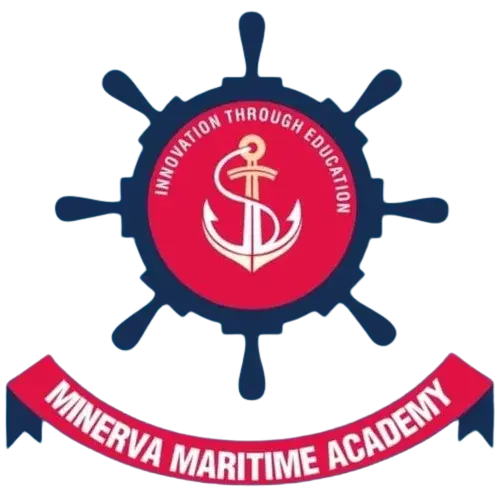“Master the art of seamless global logistics with our Shipping & Freight Forwarding course.”
Shipping and Freight Forwarding is a specialized course that offers training on the process of shipping goods from one location to another, including the handling of freight, customs procedures, documentation, and logistics. The entire shipping process is covered in the course, from ordering cargo to delivering it to its destination. International trade, customs regulations, logistics management, and documentation are some of the topics covered in the course.
Both people who want to work in the shipping and freight forwarding industry and professionals who want to increase their knowledge and expertise in the industry will benefit from the course. Graduates of the course can find work prospects with logistics companies, freight forwarders, shipping lines, and customs offices, among other industries.

The objective of a shipping and freight forwarding course is to enable students to develop the theoretical knowledge, practical skills, and experience needed to manage the transportation of goods across international borders by land, air, or sea. The goal of the course is to provide students with a basic grasp of the shipping and freight forwarding industry, including how it operates and who the key participants are. It attempts to improve logistics management abilities such as inventory management, supply chain management, and transportation planning. Through visits outside the classroom, internships, or other chances for experiential learning, the course also offers practical experience. The course will adequately equip its graduates for professions in logistics, supply chain management, international trade, and the shipping and freight forwarding industry.
“Exploring Innovative Approaches: Training Methods for the Shipping and Freight Forwarding Industry”
Depending on the institution and the particular program, many training methodologies could be used in a shipping and freight forwarding course. Yet typical training methods that might be applied in this kind of course include the following:

In-class lectures
This includes lecturing to students in a conventional classroom environment by professors. Theoretical ideas concerning the shipping and freight forwarding industries, as well as real-world situations and case studies, may be covered in lectures.

Interactive Sessions
This entails activities like group discussions, role-playing, and simulations that let students participate more actively and practically with the course material.

Field Visits
In order to provide students with a firsthand understanding of how the sector functions, this entails taking them to ports, shipping companies, or other pertinent areas.

Internships
Some programes could provide opportunities for internships that let students earn academic credit while gaining practical work experience in the field.

Guest speakers
Students can benefit greatly from hearing from business professionals who work in the field about their thoughts on the sector and its operations.
“Navigate the Global Marketplace: Launch Your Career in Shipping and Freight Forwarding”
A course in shipping and freight forwarding can equip graduates with the necessary knowledge and skills to pursue diverse career opportunities within the shipping and logistics industry. Graduates can work as international trade specialists, freight forwarders, customs brokers, logistics managers, shipping agents, and port operations managers. These experts are in charge of controlling the flow of goods over international borders, making sure that laws are followed, and handling the administrative and logistical facets of shipping and transportation.
Professionals in these roles can rise to higher-level positions, such as senior management roles, or specialise in particular sectors of the industry with experience and additional education. For instance, a logistics manager might focus on supply chain optimization, inventory management, or transportation planning. A specialist in international trade could have a niche market or industry.
“Unlock Your Potential in Global Trade: Contact Us to Learn More about Our Shipping and Freight Forwarding Course.”
©2024 Minervamaritimeacademy. All rights reserved
